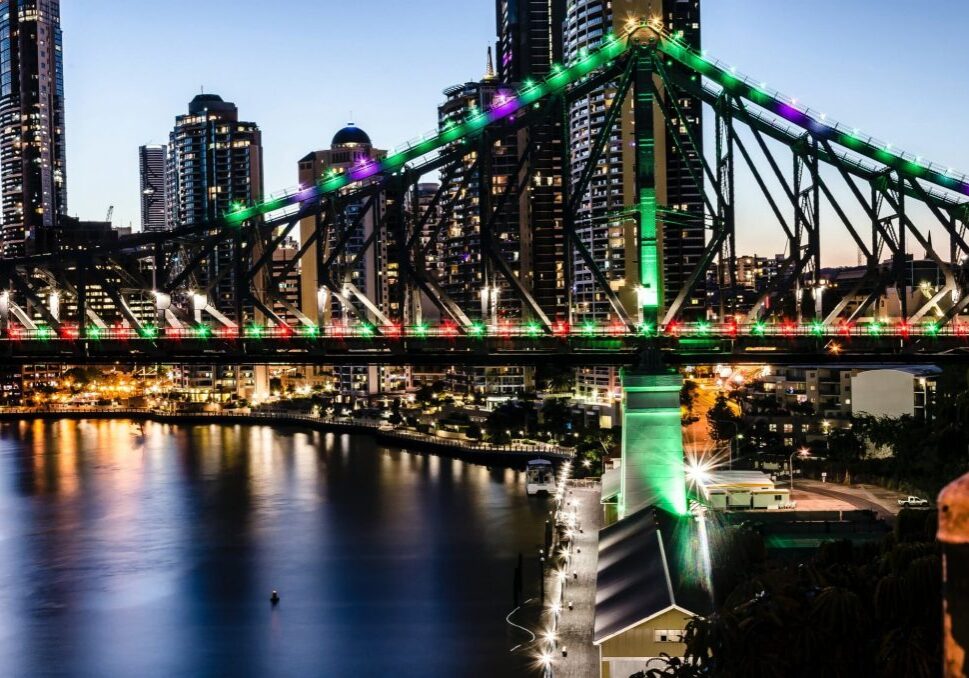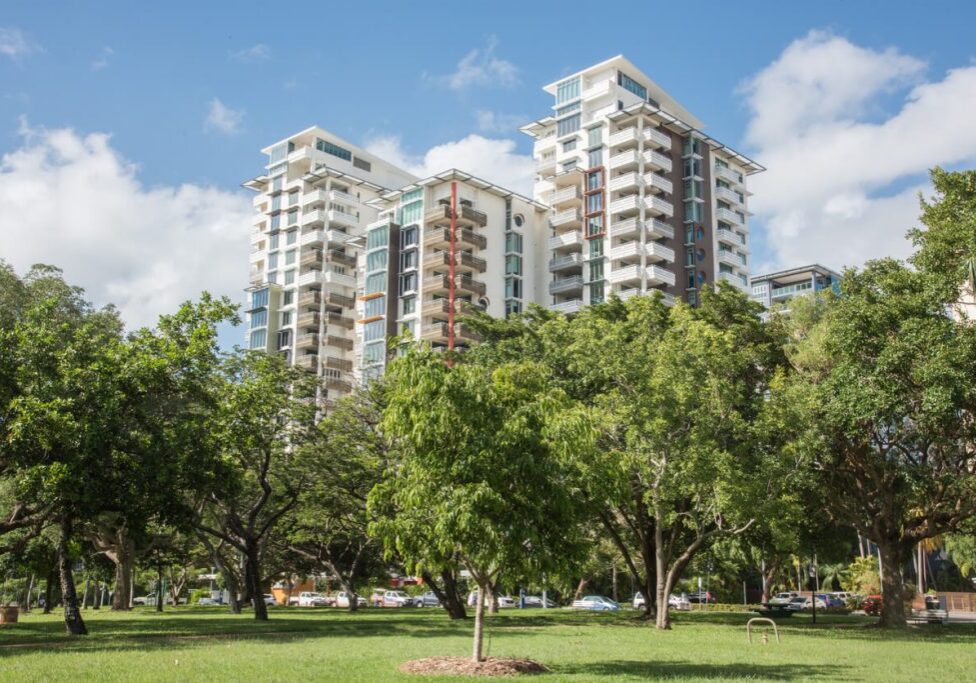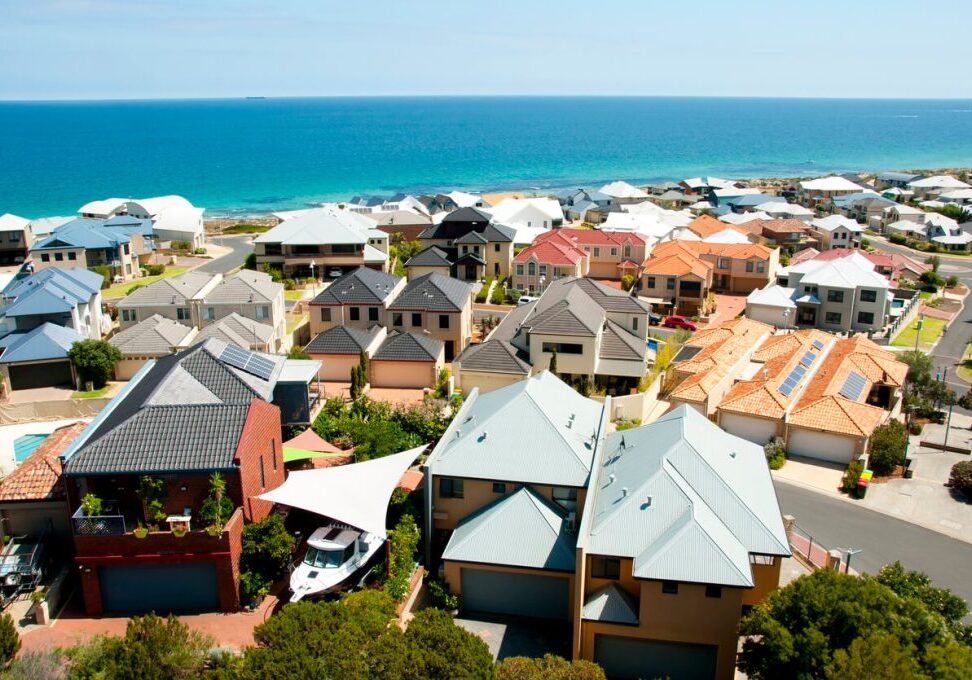10 Things to Know when Buying an Apartment for Investment
The apartment rental market in Australia has sky-rocketed. While property prices are plummeting, apartment rent remains relatively stable, especially in places like Brisbane or the Gold Coast. This demand has been led by an increased number of Australians wanting to live closer to the city, whether this is for work or for lifestyle. Apartments tend to offer a more affordable option than an inner-city house while offering amenities and locations not found in other forms of housing stock. Now there has been an increase of 78% in the number of Australians living in apartments over the past 25 years.
Investing in apartments is an attractive prospect. With strong demand from renters and some high-quality apartment stock now on the market you may be tempted to jump straight in. While there is nothing wrong with that it is important to watch out for some pitfalls that you don’t experience when investing in standard houses. Here are 10 things you need to know when investing in apartments.
1. The By-Laws.
Apartment buildings are governed by a body corporate and are subject to its by-laws. Owners become members of the body corporate and will have to follow the specific by-laws set out. Some restrictions of the by-laws like pet restriction, age restriction and smoking bans, could affect your investing plans, targeted tenants and rental pricing. Make sure that you check with the building management before purchase to ensure that you understand which by-laws are in play.
2. The condition of the building.
For resell properties, it is important to know the current condition of the building. A thorough examination of its condominium documents will give you an idea on the upkeep of the property, any damages, repairs done, maintenance work, fund allotment and improvements. All these factors will affect the value of the property. Have an independent inspection of the building to ensure that there are no hidden maintenance woes waiting to pounce on you.
3. Property Management.
How is the building managed? The body corporate can choose to hire a building manager or assign volunteer members. Bigger complexes will most probably have a hired manager. The manager is responsible for the day to day affairs of the building. Duties and responsibilities include engaging caretakers to clean and maintain the grounds, collect monthly fees and ensure the safety and security of the building. A well-run apartment building attracts better tenants. Talk to the manager of the building and inspect the grounds. Trust your gut instincts, a bad manager may reduce the prospects of long-term tenants and could reduce the value of your apartment.
4. Mixed-use buildings
Another factor to consider is the building usage. This is especially important when buying a condo apartment off the plan. Will the building include retails spaces, office blocks and other commercial spaces? Mixed-use buildings mean higher foot traffic, a livelier building and less privacy for the residents. Some residents may love a livelier space and will take advantage of the mixed use elements within the building. However, some tenants may want a quieter space where they do not have to experience hustle and bustle despite being in the city. Knowing the kinds of tenants, you want to attract will determine whether a mixed-use apartment complex will work as an investment or not. Learn the usage allocation of the building and the percentages and locations allotted to business and commercial use.
5. Building compliance
Is the building compliant with all government and housing laws and regulations? The corporate body should have in its possession the current Workplace Health and Safety compliance certificates, as well as the Fire Safety Compliance document. Ask for a copy, if they are unable to provide you one, think twice about buying into the building.
6. Apartment Layout
When inspecting the apartment consider whether you would be comfortable living in it. If not, then will anyone else? While this may be common for investment houses there are some unique issues apartments face.
Aim to have a balcony. A balcony provides a private outdoor space for the tenant allowing them to get fresh air without leaving the apartment. Things to consider when looking at balconies or terraces is whether there is enough space for at least a table and two chairs and what it overlooks. If the only view from the balcony is the adjacent building’s air-conditioning vents or a bunch of garbage cans maybe look at a different apartment.
Airflow is key. Some developments love to shove as many apartments in their building as possible, without any thought of how they are laid out or where they are placed. Good apartments will have windows that can be opened and provide some airflow. Apartments that don’t offer these features tend to get stuffy and smelly. Avoid those apartments that don’t have good airflow.
Window layout is important. Some developments have poorly designed apartments that offer few windows or windows that are poorly placed to let in light. When going through each room of the apartment take notice of the positioning of windows and how much light they let in. Dark rooms during broad daylight may put potential tenants off and force you to reduce your rent.
Floor area and amenities are important to look at. Apartments below 50sqm may be difficult to get financing for and may be difficult to find a tenant that will live within it. Make sure there is enough space within the apartment, the owner of the building should be able to tell you how big the apartment is, if they can’t, get out. To add to this is amenities. Check for storage spaces in the apartment. If there is inadequate storage such as a pantry or linen closet, then tenants may be less inclined to pay more rent. Laundries are also important. If the apartment has an inbuilt laundry that may be a big positive for your tenants. If the apartment does not, check to see if there is a laundromat within the building, or close by.
7. Ratio of Renters to Owner Occupiers
The occupation ratio of a building can help advise you on whether the apartment is a good investment or not. A high renter rate looks good. It means that the building is having no trouble finding tenants and is an attractive place to live. However, it does come with a downside. There will be an increased amount of competition between your apartment and others in the building. If renters want to live in the building, they will hold all the cards potentially forcing you to lower prices or offer other incentives. If a building is full of owner-occupiers you know that the building is popular to live in, however, may not appeal to all tenant types. There will be less competition in this building. It is important to invest in an apartment where your ideal tenant wants to live.
8. Location
Just like any property location is key. Those moving into apartments tend to want a building that is closer to work or lifestyle hubs. They may want shops and public transport to be in easy walking distance (Melbourne City Council defines walking distance as 800 meters). For this reason, it is important to not go for apartments in rural areas or mining towns. Stick to areas that have great amenities and are easy to walk around.
9. Boutique
Going for smaller boutique blocks of apartments over larger developments could give your apartment a uniqueness factor that will make it more attractive to potential tenants. These types of developments may also be attractive for those tenants looking for a quieter block of apartments.
10. Finance
Being able to receive financing on the perfect investment apartment is important. Currently it is very difficult to receive financing on smaller apartments below 50sqm due to their unpopularity. Ensure that you look at the history of similar apartments in the area to test market volatility. Once you have checked off those boxes shop around for the best finance options from multiple different lenders or use a mortgage broker.
Conclusion
Investing in apartments is becoming increasingly common as more Australians continue to shift from rental houses to rental apartments. By learning exactly why people are moving into apartments and learning all the potential pitfalls to avoid, you could choose an apartment with a great return on investment. Once you have found such an apartment it is important that you ally yourself with a great property manager who can truly maximise your returns. Contact Link Living today and see where our management can take your investment!
What is your ideal investment property type?




